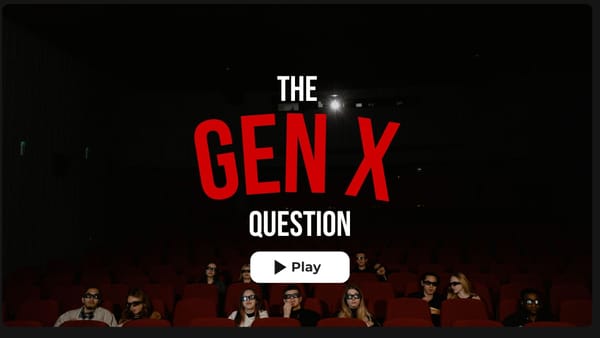The Diversity Shift: Where do CEOs Stand?
The Diversity Edition

You've probably seen that corporate diversity programmes have been rolled back in a number of US companies. Whether this has truly been driven by legal or political pressure remains to be seen, but CEOs around the world are now being asked to make their position clear.
What’s Happening?
The rollback in diversity measures has gained momentum after former President Trump issued an executive order dismantling Diversity, Equity and Inclusion (DEI) requirements. The order revoked affirmative action requirements for federal contractors, eliminated DEI offices in federal agencies and removed explicit bans on segregated facilities in federal contracts - effectively dismantling workplace diversity mandates.
This has big implications. Supporters argue this restores merit-based hiring, while critics warn it undermines decades of progress in equal employment opportunities. As a result at the corporate level, some of the biggest players in global business are adjusting their DEI strategies.
Deloitte US instructed staff working on government contracts to remove pronouns from email signatures and adjusted DEI policies to avoid potential legal conflicts.
Accenture quietly restructured its diversity leadership having ended its global diversity targets and ceased external DEI benchmarking.
Citigroup confirmed it would no longer require diverse hiring slates instead opting to maintain only legally required representation goals calling it a "more balanced approach".
Yet, some firms are taking a stand - or staying where they were.
JPMorgan Chase CEO Jamie Dimon dismissed DEI backlash boldly stating “Bring them on” when asked about challenges to the bank’s diversity policies, according to HR Dive. Deutsche Bank CEO Christian Sewing publicly defended diversity linking it to business performance and innovation.
Employee Backlash and Workplace Culture Risks
Employees who supported DEI efforts are feeling the shift. Probably very let down. Internal diversity groups and employee networks have voiced concerns that these changes will create a less inclusive workplace and lower morale.
Civil rights attorney Ben Crump called it our on X.
As companies like Goldman Sachs, Costco, and JPMorgan Chase defend their DEI commitments amid anti-DEI backlash, others like Amazon and Meta have scaled back initiatives. DEI isn’t a “fad”—it drives innovation, equity, and growth. https://t.co/eRA88J0aOM
— Ben Crump (@AttorneyCrump) January 24, 2025
The Legal Risk
Employee expectations in the market have chamged. Scaling back DEI may align with new policies but it does not eliminate legal risk.
Companies that abruptly drop DEI programmes may face lawsuits alleging bias or workplace discrimination, especially in Europe where employee protection law is stronger. I have heard two lawyers mention their firms are tooling up for a raft of oncoming discrimination claims.
The Multinational Challenge
Multinational corporations are now caught between different regulatory landscapes. What is politically controversial in the US is business as usual in Europe and many parts of Asia. European companies like Roche and Novartis have adjusted their DEI programmes in the US while maintaining different approaches in other markets.
CEOs must decide whether to create flexible DEI frameworks that can adapt to local regulations or take a universal stance knowing it may create reputational risks in certain regions.
The CEO Challenge
- Clarity is everything: You need a clear position. Silence will be interpreted as indecision or weakness. Data will be useful in laying out your narrative.
- Stakeholders are watching: Investors, employees and customers will react differently depending on how you frame your strategy.
- Prepare for pushback: Expect criticism. This is sensitive topic that is important to many people.
- Stay on message.
The Executive Summary is sponsored by Tollejo: Building the narrative for CEOs and entrepreneurs.
Have a good day
Dan




